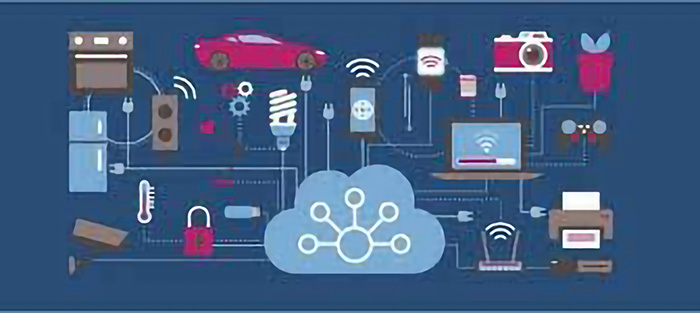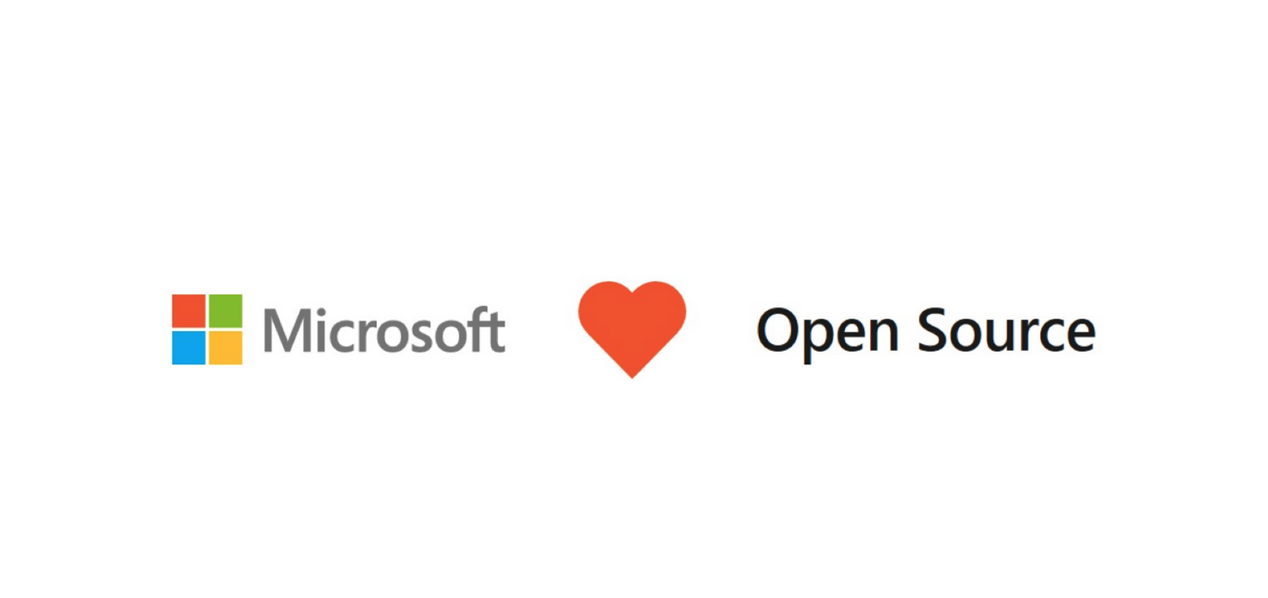Open source software is in the ascendency. Not only does it seem like every new hot start-up is releasing its source code, even the granddaddies of proprietary, Microsoft, are learning to loosen up and embrace the open development community. And this year’s record response to the eighth annual Future of Open Source Survey is further evidence of this.
A total of 1240 respondents, the majority from a non-vendor background, gave their insight into issues around the open source software space – and increase of over 50 per cent on last year, further demonstrating its growth in the consciousness of the tech community.
For the second year running, the main reason for choosing open source over a proprietary alternative was higher quality of product. This was the belief of 80 per cent of respondents, and is a testament to the great work and innovation flourishing in development teams and open source communities across the globe.
But for me, the real story is the 72 per cent that chose open source on the basis that it provides stronger security than software without source code available for peer review. In light of security and privacy issues raised by Edward Snowden, this case is even stronger than before – back doors can’t be hidden in open code.
In the past, open source often suffered from a reputation of not being secure. Hard work from open source advocates has ensured that perception around this issue has changed for the better, and it took the Summer of Snowden to show that it is actually proprietary systems that are putting your data at risk.
Security is not having to believe what you are told, but knowing what you can find out for yourself. Only open source licencing allows us the insight into whether code is written for non-exploitative purposes.
There is lots of great information and insight in the survey results. Take a look and see for yourself why the future is open, and secure.
proscar generic against fetal antigens) or autoantibodies, which are antibodies produced”>against fetal antigens) or autoantibodies, which are antibodies produced





